Lemn Sissay is a famous person. He is also an amazing person. I suspect he is an amazing person irrespective of fame. To see an amazing famous person have a deeply personal psychological report read to them live on a London stage would always be a draw for many people, especially if it is the first time that person and the audience will hear what is contained within it.It sold out rapidly in 24 hours and I’m guessing it could have been sold out many times over.
What led me to travel far across country to see #The Report read to Lemn Sissay by Julie Hesmondhalgh, other than my interest politically and the wish to bear supportive witness to somebody I respect, was love for my foster son. The beautiful, intelligent and funny boy who was severely damaged by the systems he found himself in as a young child and the lack of care he has received and continues to receive within those systems. Now a young man he continues to struggle with fear, anxiety, anger, trusting people, managing close relationships and substance abuse. As I sat listening to ‘The Report’ he was always in my mind.
Lemn has had to spend over four hours speaking to a psychologist as part of his ongoing efforts to sue the social services for having stolen his childhood. The report told of cruelty, lies, misinformation, constant racist abuse, systemic failure to care and the most harrowing stealing of his history and identity. The stealing of him from his mother. Stealing his mother from him.
I found it personally excruciating to hear the details and found myself both angry and very sad. I wanted to shout out. I think I wanted Lemn to shout out. The fact that Lemn was at times described as ‘aggressive’ within his files made me feel aggressive. When will assessments of children take into account that anger is actually a valid and healthy response to being traumatised and abused?
I’m sure I’m not the only one who felt they wanted to reach out to Lemn and attempt to reassure and offer love as he bravely sat there on an uncomfortable chair hearing shit truths he already knew. What the report conclusion described is the resultant damage done to Lemn. Leaving him with a deep mistrust of people. It also described the abuse against Lemn as having left him with high levels of trauma. No surprise there then.
Trauma cannot miraculously be healed, but with the right support the strategies can be found to cope with triggers and reverberations as they come. Lemn has had the personal strength to fight back and to channel his thoughts, feelings and his truth into creativity and to find safe ways of connection. A true survivor. A hero and connector to thousands.
Two things shone out of ‘The Report’ like diamonds in the dirt. One was hearing only positive descriptions of Lemn from a professional who recognised his strength, intelligence and honesty. A massive lesson right there for professional carers and social workers. The other was hearing from Lemn himself about Ethiopia’s pride for him.
As with all psychological reports Lemn was subjected to examination and interview within set criteria and scales. Scales of damage done that most certainly, as if there should ever have been any question, show he must surely receive healthy compensation and a real apology.
I can’t go into my sons life story here but there are similarities and threads that run through. There will be thousands of adults who have experienced local authority care and children now in care who also have those same threads running through their history. Untruths, misinformation, cruelty and neglect. Injustices of such magnitude a million sorries will not suffice.
Other things struck me about the report. One was the idea that the systemic abuse of Lemn began in long term foster care. It was presumed that removal from his mother as a baby at a few months old was not psychologically damaging to him. I’m not sure I agree with that. I feel that the severance may have been the first wound and as a consequence it then left him vulnerable to the cruelty of others over many years. The trauma of it and it’s consequences must surely reverberate throughout his family?
Another thing described throughout the report was the extent of racist abuse toward Lemn during his childhood. It was highly disturbing and included abuse from his foster family, other children and care home staff. I wondered how racist the care responses to his pregnant mother in a UK mother and baby home may have been.
There was talk of how this type of abuse was acceptable within British culture when Lemn was young. It was inexcusable then and it’s inexcusable now. Sadly from my own cultural and personal experience it remains. It’s just covered up more effectively. Like Lemn’s childhood identity and redacted files it’s been whitewashed. To hear how that abuse impacted on Lemn, shamed and traumatised him is horrific.
In a time of recent adoption reform and the current government investigation into improving foster care, the issue of cultural and institutional racism within adoption and fostering should remain at the forefront. I can’t see it there at the moment. My companion for the night has direct experience of trying to gain support for his transracial adoptive family and that experience has not shown that the support systems view inherent cultural racism as a current or important issue for children in transracial family placements. Permanence, safety and long term security is very important for children. Being well meaning but not critically questioning around methods to achieving permanence is not good enough. I’m sure lots of people felt Lemn’s white foster family were doing a wonderful Christian thing ‘saving’ a black child in the 1960’s. How they went about that intention at saving and subsequent failure was seemingly not questioned and criticised enough on behalf of Lemn by the professionals paid to keep him safe.
We must truly thank Lemn Sissay for having the strength and determination to pursue and expose the truth of his life story. Having the drive as a public figure to share the truth through his creative work and through his court case hopefully gives unknown others the strength to speak out and seek justice and apology for abuses against them in the name of care. Those supporting children and young people must take full responsibility for speaking out and tackle with full force the issues of institutional racism and other oppressive and abusive social care practices.
So that’s what I took from this extraordinary event. Energy and fresh motivation to keep fighting for children’s rights.
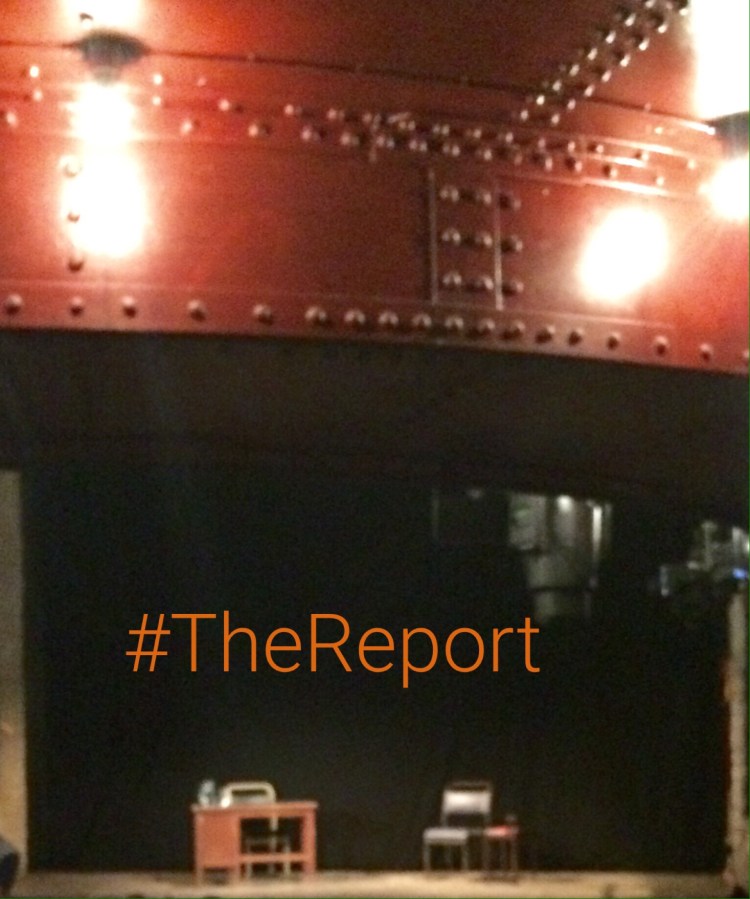

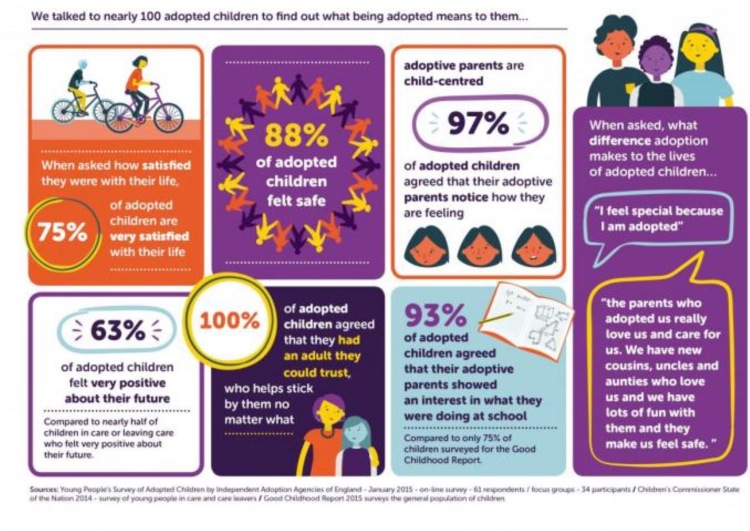

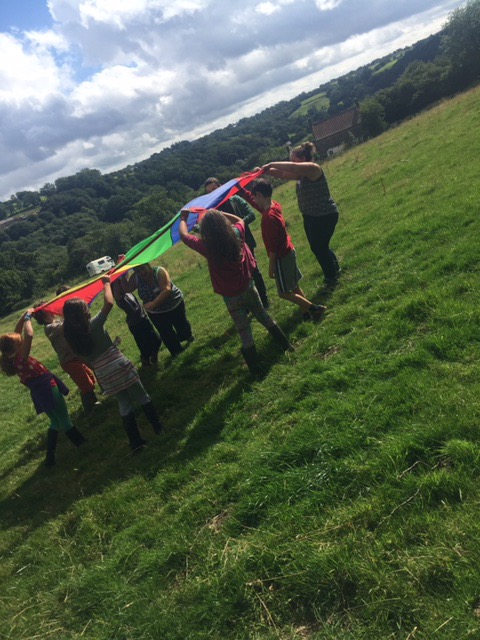
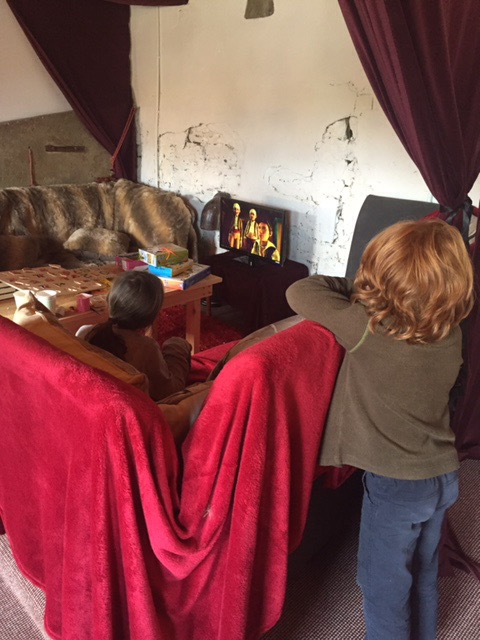
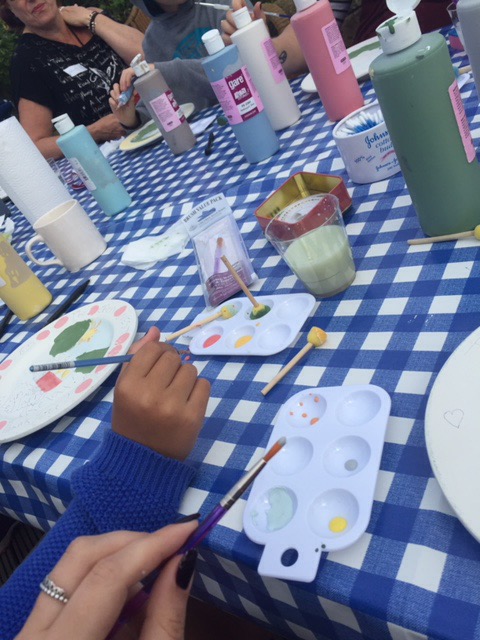

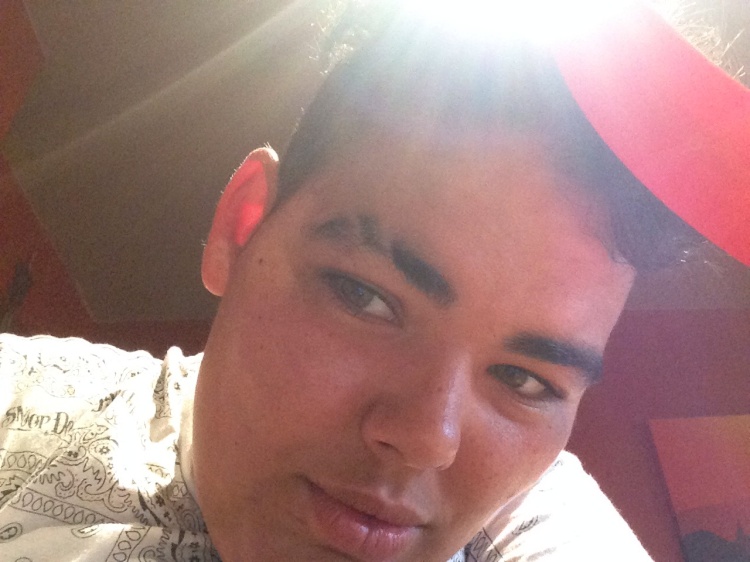
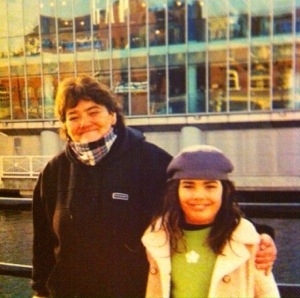
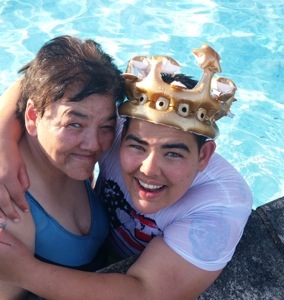
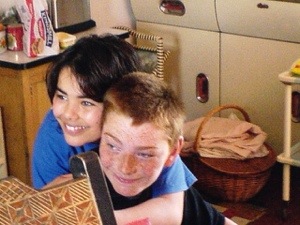
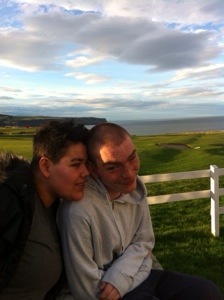
You must be logged in to post a comment.